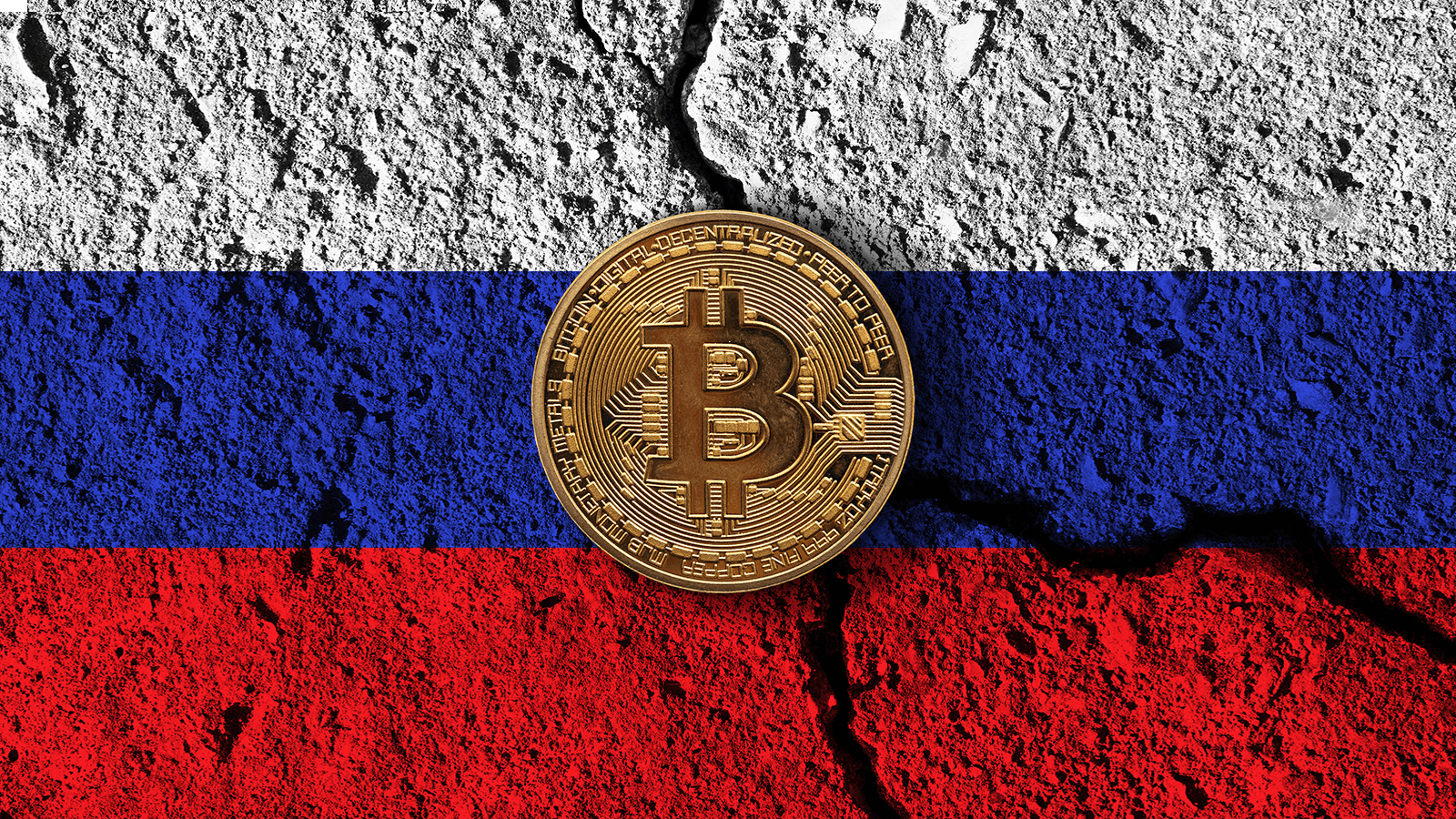Treasury Official Insists Crypto Mixers Can Obstruct Russian Sanctions
Leveling sanctions on anonymity-enhancing technology can deter criminals, Elizabeth Rosenberg said

Source: Shutterstock
- Russia is reportedly drafting crypto regulations after international restrictions
- The Treasury has identified more than 20 Russian entities attempting to evade sanctions using crypto
Imposing sanctions on cryptocurrency mixers would help strengthen the US government’s response in preventing entities from skirting sanctions, according to a Treasury official.
Elizabeth Rosenberg, assistant secretary for terrorist financing and financial crimes, said at a Tuesday hearing on Russia that adding crypto mixers like Tornado Cash to its list of Specially Designated Nationals would effectively strengthen current sanctions.
“When [sanctions] can serve as a deterrent to any criminal that would seek to use a mixer in order to launder their funds — the funds of the proceeds of corruption, or other criminal activity — that’s an effective avenue we can use in order to signal that we cannot tolerate money laundering. So whether that’s for a Russian criminal actor, an Iranian, a North Korean, or wherever they may come from,” she said.
Russia is reportedly considering setting rules around cross-border stablecoin payments by the end of this year. Prime Minister Mikhail Mishustin believes the financial system needs a readjustment in the face of sanctions and restrictions.
When Sen. Elizabeth Warren asked if it was possible for Russia to evade sanctions using cryptocurrencies, Rosenberg said it was. Anonymity-enhancing mixers, which obscure the trail of funds to conceal their origin, are another point of concern for lawmakers.
The efficacy of privacy techniques, including mixing services, for money laundering was disputed by co-founder of analytics firm Chainalysis, Jonathan Levin, during Senate testimony in March.
“We have done extensive work in tracking large sums of money through mixers that have led to the arrests of people and the disruption of their activities,” Levin told Sen. Warren, noting that global liquidity through mixers was too small to allow would-be sanctions-evaders to effectively obfuscate funds.
“It is possible to trace the source of money and where it’s flowing,” Rosenberg said Tuesday, but added, “the detractor from that would be anonymity-enhancing technologies.”
Last month, the US Treasury added crypto mixing service Tornado Cash and 45 related Ethereum addresses to its blocked list. That meant individuals in the US are prohibited from dealing with them.
However, the move has drawn criticism from several crypto commentators, with some saying it’s a bad idea for authorities to intervene and try to criminalize a smart contract, harming law-abiding US citizens seeking to protect their privacy in the process.
The Senate committee’s meeting was convened to discuss “Tightening the Screws on Russia” as a result of aggression in Ukraine and the agency’s next steps in enforcing economic sanctions.
The Treasury has already identified Russian entities that have been attempting to circumvent sanctions using crypto. Earlier this month, it designated 22 people and two entities for abetting Russia’s further invasion of Ukraine.
In April, the Office of Foreign Assets Control designate a virtual currency mining company for the first time, along with commercial bank Transkapitalbank and a 40-member network led by oligarch Konstantin Malofeyev.
Chainalysis found in July that about 10% of all funds sent from illicit addresses were received by mixers in 2022.
Get the news in your inbox. Explore Blockworks newsletters:
- The Breakdown: Decoding crypto and the markets. Daily.
- 0xResearch: Alpha in your inbox. Think like an analyst.






